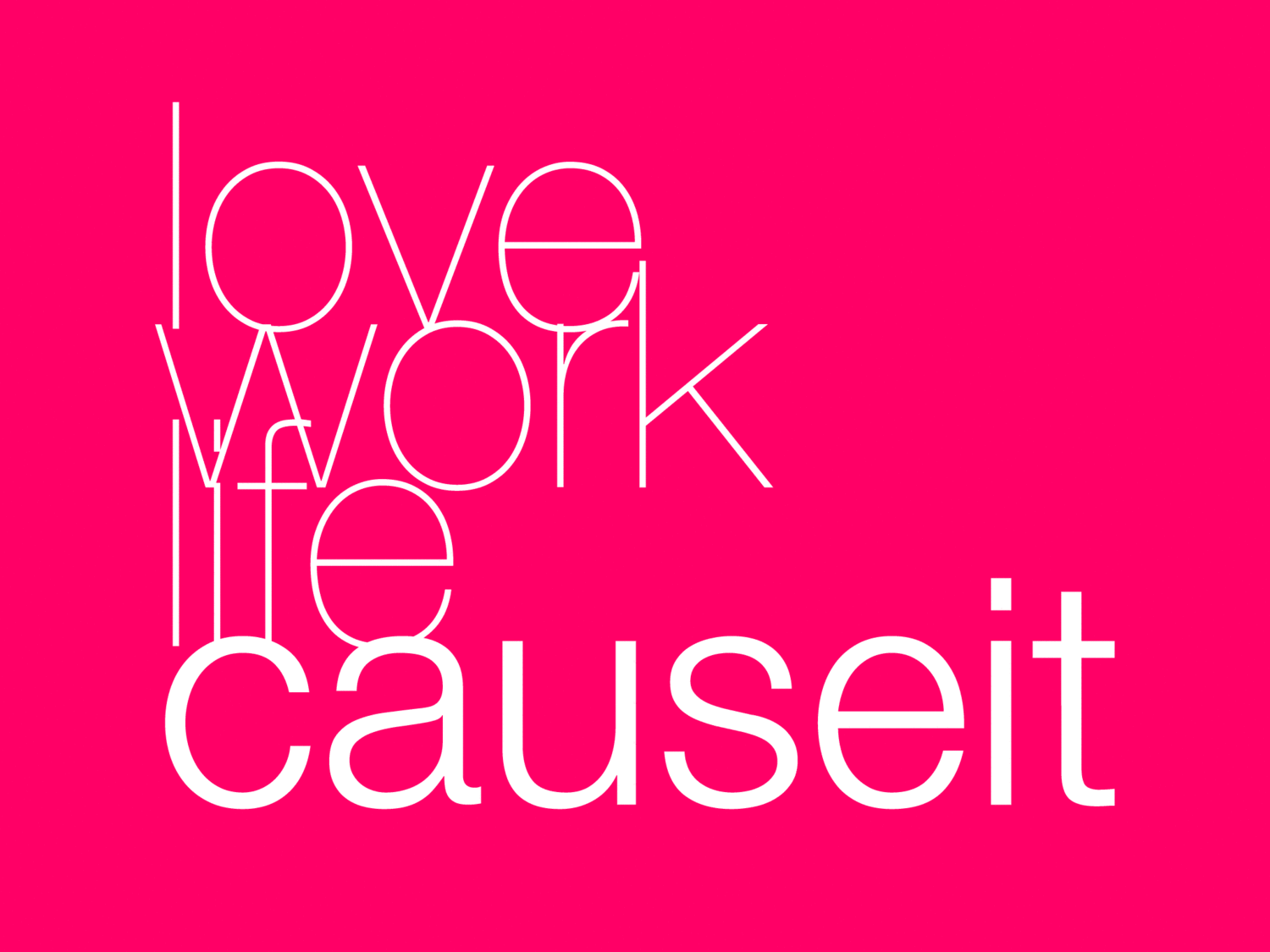Emotional intelligence is a real, and really important, factor at play in any business which employs and serves human beings. Leaders are learning how to leverage the impact that emotional intelligence—sometimes called “soft skills”—has in business, from individual careers to organizational culture. Articles on the subject are no longer relegated to fringe publications or social sciences, in fact mainstream business journals like Forbes, Harvard Business Review, and FastCompany have been talking about it for several years. The thriving conscious capitalism movement, the emergence of B Corps , and sold-out conferences like Wisdom 2.0 are all further evidence that more and more professionals and companies are taking the human element of business very seriously. This means that not only is the industrial age model of treating people like machines an outdated one, but companies who aren’t engaged with their employees and customers on a human level are at a competitive disadvantage in an increasingly networked world.
New standards for success in business culture are being set by wholehearted leaders who create cultures that maximize employee empowerment, flexibility, and health. Many companies are already considering formerly unrecognized performance variables such as access to natural light and having fun at work.
If you’re having conversations about how to make your people happy you’ve entered the realm of people innovation—part of a larger approach called full-spectrum innovation—a new paradigm characterized by a deep belief that a business’ greatest potential lies within its people.
The biggest challenges: activating inspiration, unlocking creativity, cultivating collective wisdom, and channeling energy toward a shared vision. Basically, how do we foster innovation by developing human potential?
To keep this short, I’ll focus on five key perspectives that lie at the core of my approach to creating cultures of innovation through people. Each contributes to an open-hearted workplace in which passion, intuition, trust, and collaboration flourish.
1. Permission
If you want people to solve problems, they need to know that. Your team won’t find what it isn’t looking for. What can you do to encourage your employees to become co-creators?
2. Spaciousness
Individuals and teams working frantically to meet high stakes deadlines, production goals, and quarterly earnings have their heads down. People need space and time to take a few breaths, look around them, scope opportunities and make unexpected connections. Do your teams have plenty of time to unplug and dream?
3. Listening
Many executives have an “open door policy” for their teams and colleagues, while in reality interruptions to the daily grind are discouraged. If you want them to offer insight, ideas, and solutions, people need to know where to take them and expect that their contributions will be respectfully considered. Make a commitment to truly listen to your teams and get ready to hear some great ideas.
4. Empathy
Organizations that select for and cultivate empathy as a valued skill empower their people to sense and anticipate the needs of colleagues and customers. Empathy is an element of emotional intelligence that improves the adaptive capacity and resilience of human-friendly companies. Are you fluent in the language of feelings?
5. Purpose-driven self-expression
When a person works in an organization whose desired impact is aligned with their individual sense of purpose, limitless potential is unleashed. Authentic self-expression requires an open exploration of values in the context of a clearly articulated vision. Do your employees see themselves reflected in your company’s vision, mission, culture and narrative?
Now that you’re thinking about the what and why, it’s time to start the conversation about how to develop the context for people innovation in your organization.

